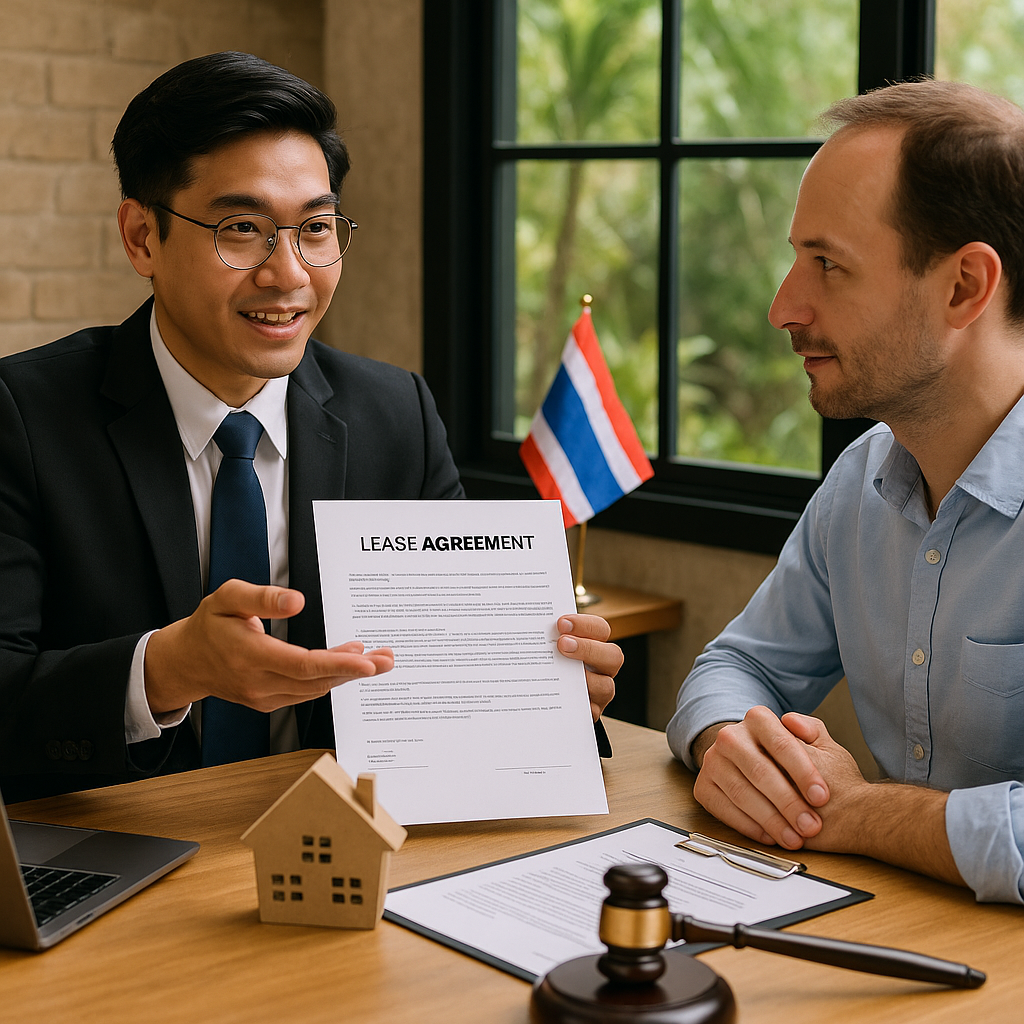Discovering Thailand's Hidden Property Gems
Explore lesser-known yet stunning real estate opportunities across Thailand.
Read ArticleUnderstand the legal aspects of buying property in Thailand as a foreigner.

Thailand's vibrant culture and stunning landscapes make it an enticing destination for expatriates looking to invest in property. However, navigating the local property laws can be challenging for foreigners. This guide will provide you with a comprehensive understanding of the legal aspects of buying property in Thailand as an expat, ensuring a smooth and informed purchasing process.

Thailand real estate market overview
Thailand offers a unique blend of natural beauty, cultural richness, and economic opportunity. The cost of living is generally lower than in Western countries, and the real estate market offers diverse options, from beachfront condos to urban apartments. Whether you're looking for a holiday home, investment property, or permanent residence, Thailand has something for everyone.
While Thailand offers attractive property opportunities for foreigners, there are specific regulations to be aware of. Understanding these laws is crucial to ensuring your investment is secure and legally sound.
The most straightforward method for foreigners to own property in Thailand is through a condominium.
Foreigners are not allowed to own land outright in Thailand. However, there are alternative strategies to consider:
Expats married to Thai nationals can buy property in their spouse's name. However, the foreign partner must sign a declaration that the funds used for the purchase are the Thai spouse's personal property.
Purchasing property in Thailand involves several steps, and having a structured approach ensures a successful transaction.

Expatriates consulting with a real estate agent in Thailand
Buying property in Thailand can be fraught with challenges. Here are some common pitfalls and how to avoid them:
Foreign buyers often underestimate the importance of legal advice. Engaging a qualified lawyer can prevent costly mistakes.
Be mindful of ongoing maintenance fees, especially in condominium developments, which can significantly impact your budget.
Ensure you fully understand the terms of any leasehold agreement, including renewal conditions and fee structures.

Legal consultation for leasehold property in Thailand
Investing in property in Thailand as an expat can be a rewarding experience if approached with the right knowledge and preparation. By understanding the legal landscape, planning your purchase meticulously, and seeking professional advice, you can navigate Thailand's property laws with confidence and secure a valuable asset in this beautiful country.
For further guidance, consider consulting with local real estate experts and legal professionals to ensure your investment is protected and prosperous.




Oct 17, 2025
Found this article helpful? Share it with others.
You might also be interested in these articles

Explore lesser-known yet stunning real estate opportunities across Thailand.
Read Article
Discover the benefits of investing in Phuket's beautiful beachfront homes.
Read Article
Discover the latest in luxury living with these top-rated condos.
Read Article